Ecosystem Succession
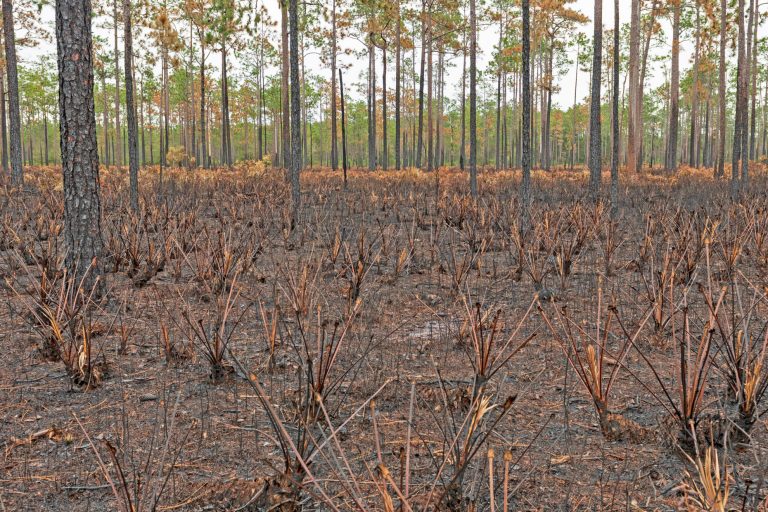
Following a wild fire in a forest land, an ecological succession may ensue.
Just one of the amazing aspects of life on Earth is that it spreads to all areas where the habitat will allow it to survive. In hostile environments, where the soil is infertile, and therefore cannot sustain life in a sustainable fashion, small plants and bacteria begin to colonize the area, which recognizes the area as a new ecological niche without competition.
While these small organisms begin to occupy the area, the pioneers, the organisms that first colonized the area begin to die out. This essential process allows the dead mass to decompose into the ground, and essentially provide nutrients to plants that continue to live in the habitat. Now that there are more nutrients available in the local environment, larger species are able to be supported, and this process can have a multiplying effect over the longer term. This process is called succession.
Succession usually occurs in areas where no other species offer competition in the area. Succession, however, can occur in changing climates, where less suited species give way to the more evolutionary adapted species of the area. In a more stable environment, a climax community develops, the climax being that the community stays in a relative equilibrium over a long period of time. Succession is no longer an issue as the most advanced species have established their presence and lesser organisms cannot compete.
The type of organisms that occupy areas in such circumstances depends on a number of factors. These factors are as follows:
- Climate. Mainly temperature and precipitation, varying species require various amounts of sunlight and temperature to operate at their optimum level. The organisms’ most suited to a particular environment, and the ones that can be found in the vicinity are most likely to be the pioneers, or at the climax of succession
- Soil. Soil also plays a major factor in what organisms occupy an ecosystem. pH is one major factor, as some plants prefer an acidic environment to alkaline or vice versa. The composition of the soil also plays a role in determining which species’ are suitable, as the soil may be sandy, loamy or clay.
- Human Intervention. Humans’ have altered the worldwide environment on a huge scale, particularly since the industrial age. Factors such as pollution, like acid rain, can alter the way an ecosystem operates and effect factors within it. With this in light, humans play a major role in which organisms’ are likely to succeed in an ecosystem.
You will also like...
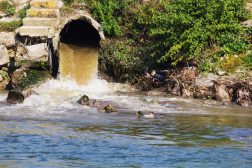
Pollution in Freshwater Ecosystems
There are many environmental factors that arise due to the usage of water in one way or another and for every action tha..
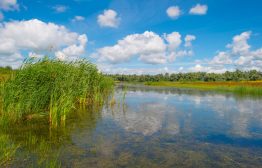
Still Freshwater & Plants
Plants in lentic habitats have features not found in terrestrial plants. They acquired these features as they adapt to t..
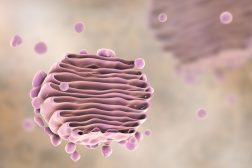
Role of Golgi Apparatus & Endoplasmic Reticulum in Protein Synthesis
The endoplasmic reticulum and Golgi apparatus are the organelles involved in the translation step of protein synthesis a..

Stems
Stems primarily provide plants structural support. This tutorial includes lectures on the external form of a woody twig ..
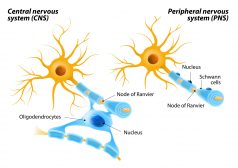
The Central Nervous System
Myelin sheath is essential for a faster conductivity of signals. Know more about this feature of some neurons in the Cen..
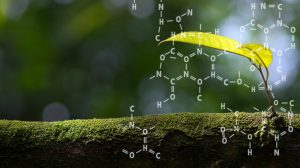
Effect of Chemicals on Growth & Development in Organisms
Plants and animals need elements, such as nitrogen, phosphorus, potassium, and magnesium for proper growth and developme..
